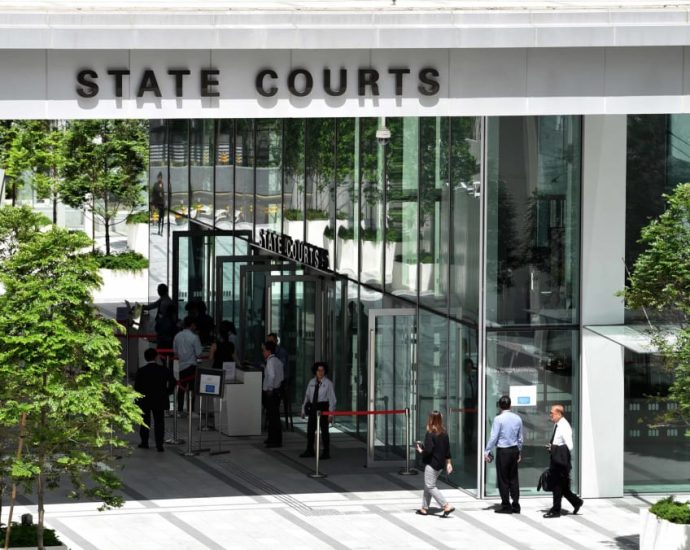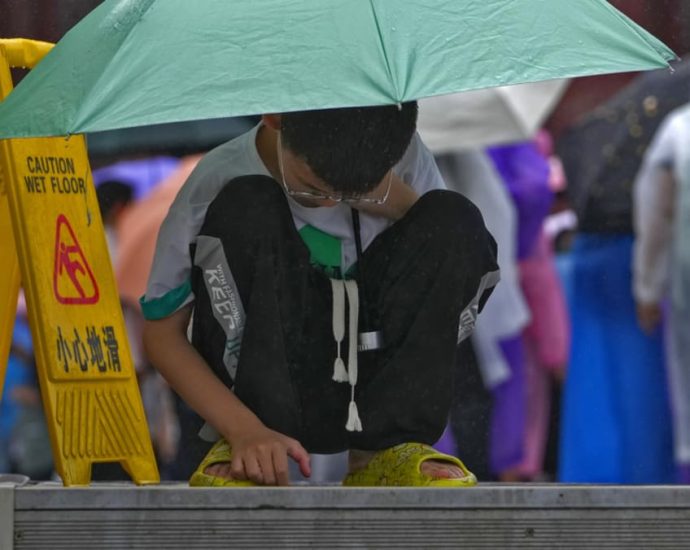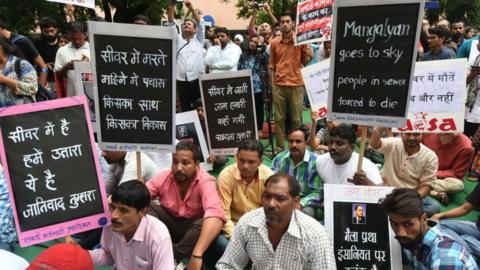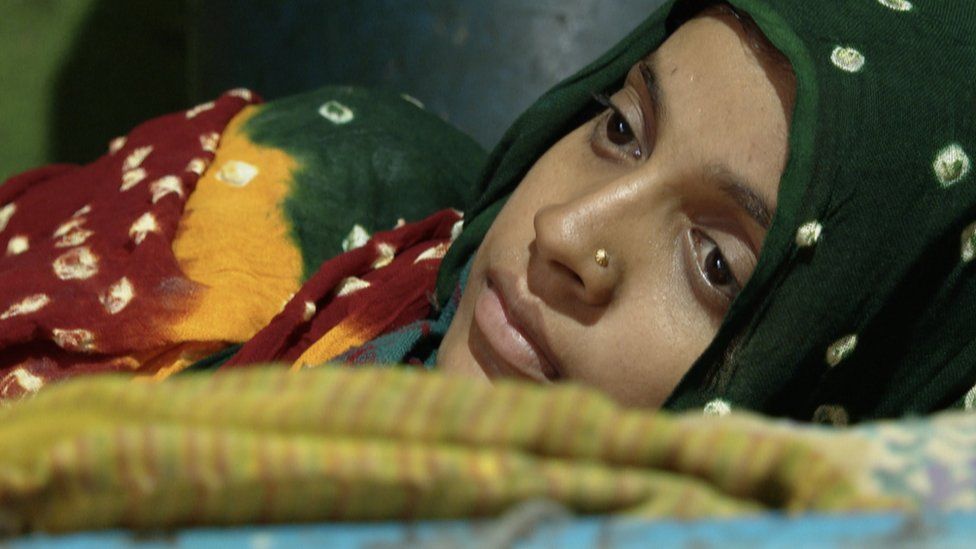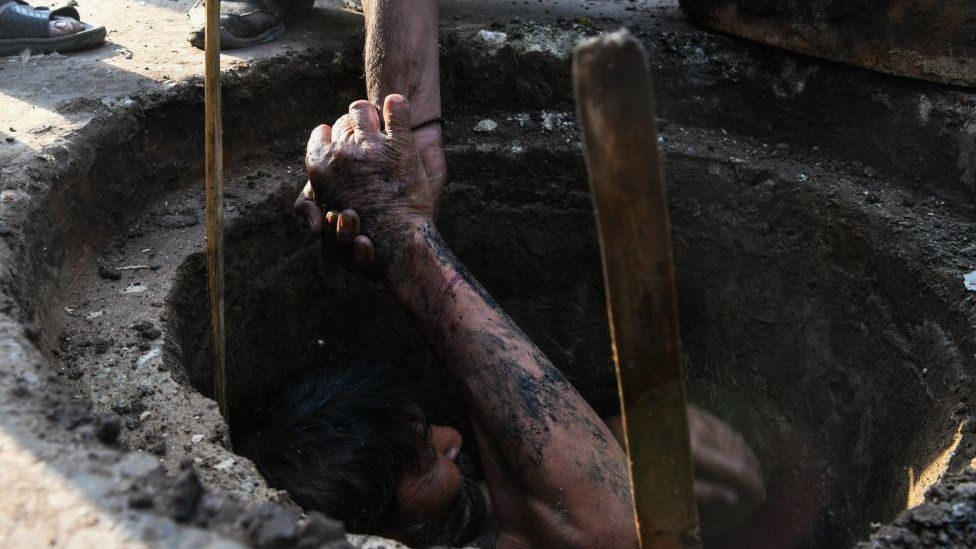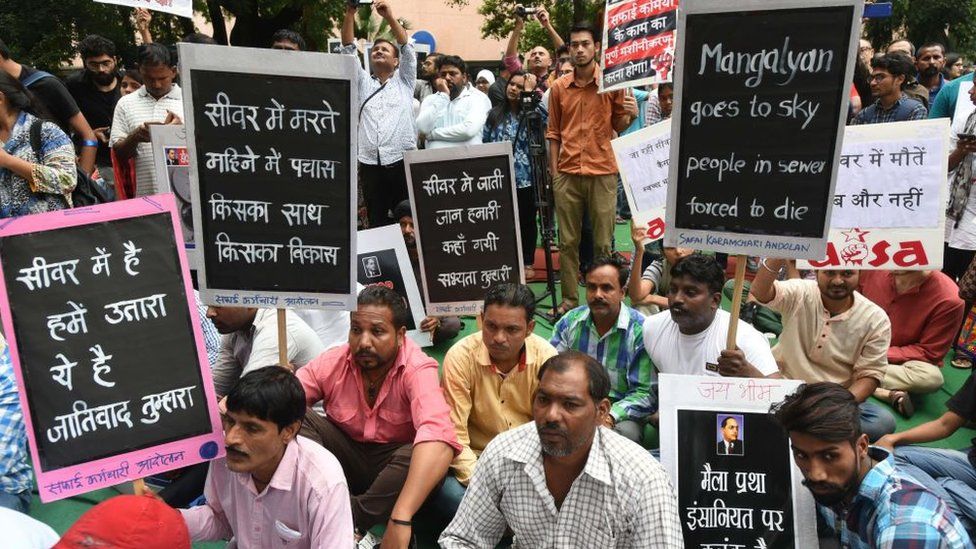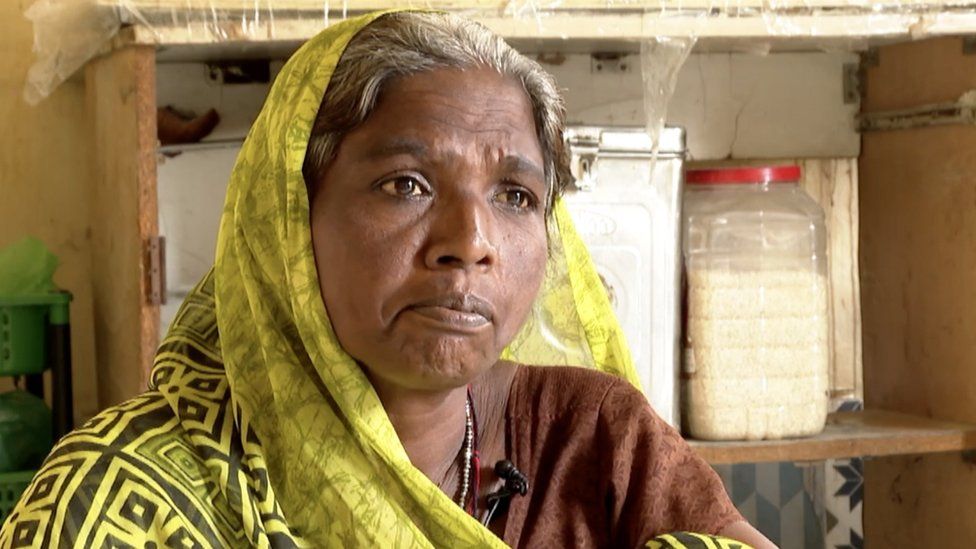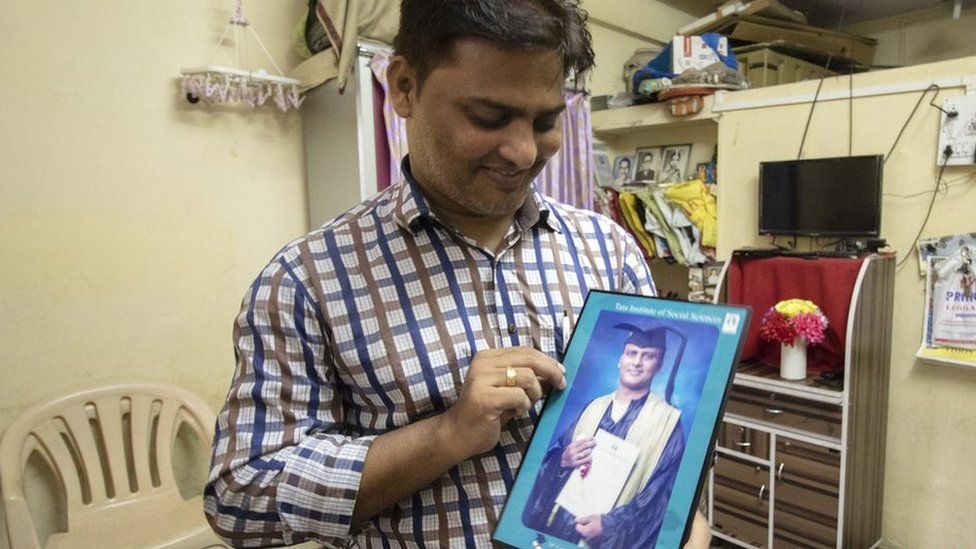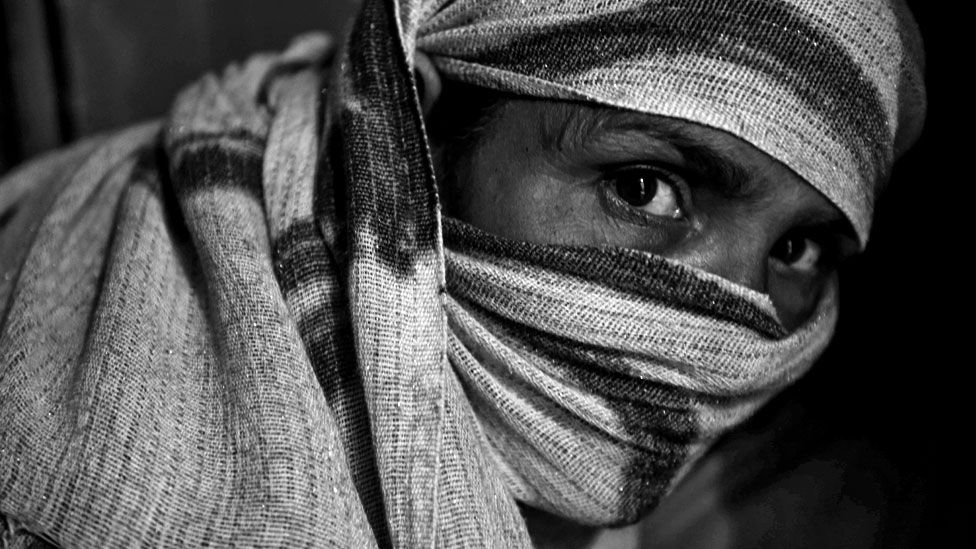Tourist areas eyed for 4am closing of entertainment venues
PUBLISHED : 26 Oct 2023 at 10:39
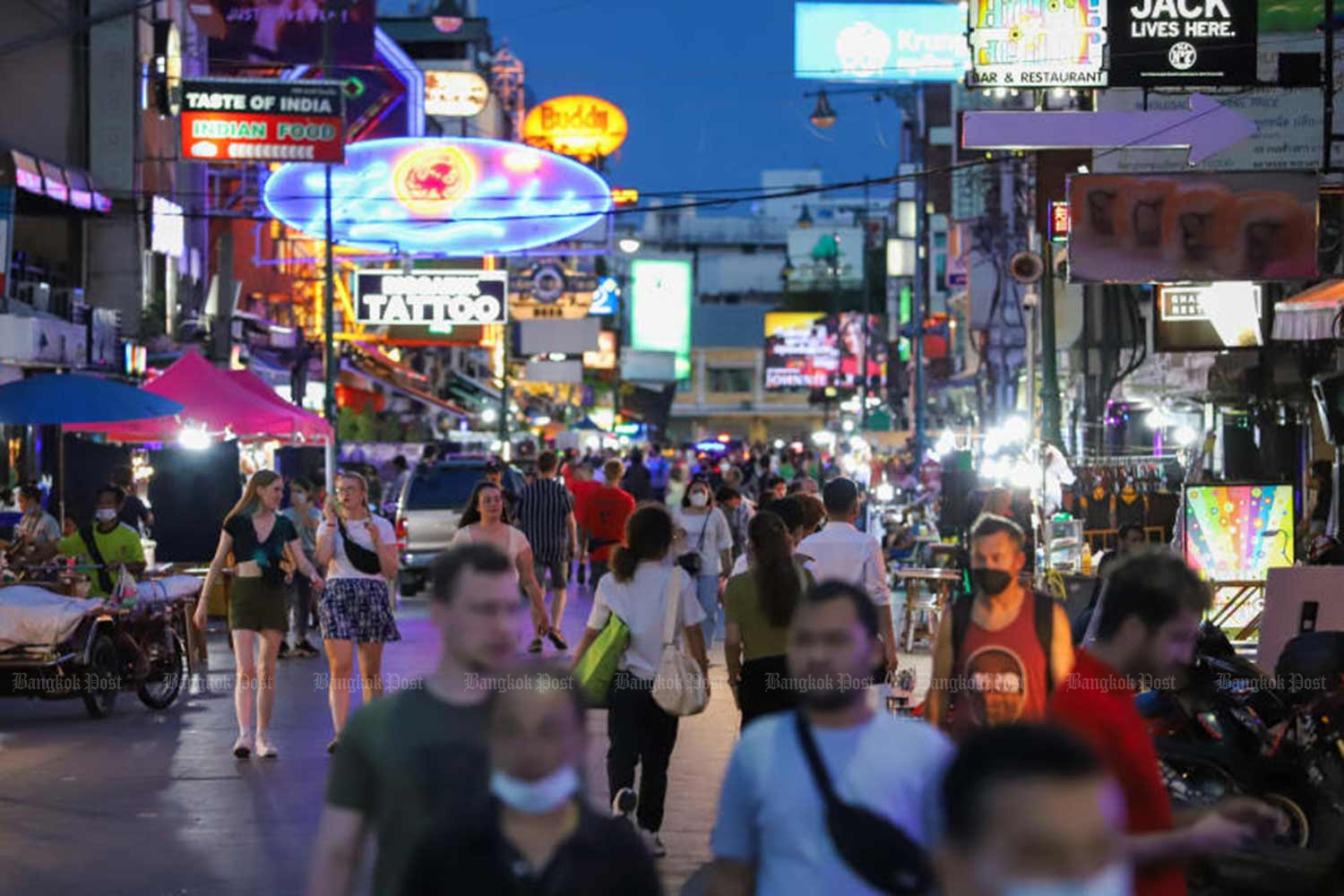
An agreement has been reached in principle for the Interior Ministry to draw up a ministerial regulation that will set criteria for areas with tourism potential to get permission for extending the operating hours of nighttime entertainment venues until 4am, ministry spokeswoman Traisuree Taisaranakul said on Thursday.
Ms Traisuree said the agreement was achieved at a meeting on Wednesday chaired by deputy permanent secretary for interior Chamnanwit Terat.
The meeting was attended by representatives from concerned agencies including the Tourism and Sports, Transport, Finance, Social Development and Human Security, Public Health, Labour and Justice ministries, the National Economic and Social Development Council (NESDC), the Royal Thai Police, the Office of Narcotic Control Board (ONCB) and the Bangkok Metropolitan Administration (BMA).
This initiative followed a cabinet resolution on Oct 13, directing the Interior Ministry to work with relevant agencies to explore ways of extending the operating hours of entertainment venues in certain tourist areas to spur tourism and spending during high seasons.

Traisuree Taisaranakul, spokeswoman for the Ministry of Interior. (Photo: Government House)
The meeting agreed in principle for the Interior Ministry to formulate a ministerial regulation outlining criteria for local administrations in areas with tourism potential. The administrations could then submit requests for permission to allow entertainment venues to stay open until 4am.
The Interior Ministry would consider the requests and grant permits based on the set criteria for each area, Ms Traisuree said.
She said Interior Minister Anutin Charnvirakul had acknowledged the agreement and had instructed concerned offices to draft the ministerial regulation. Once completed, it will be forwarded it to him and the cabinet for consideration. With cabinet approval, Mr Anutin, who is also a deputy prime minister, would sign the regulation, which would then be published in the Royal Gazette before taking effect.






